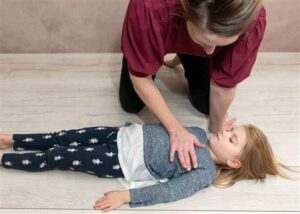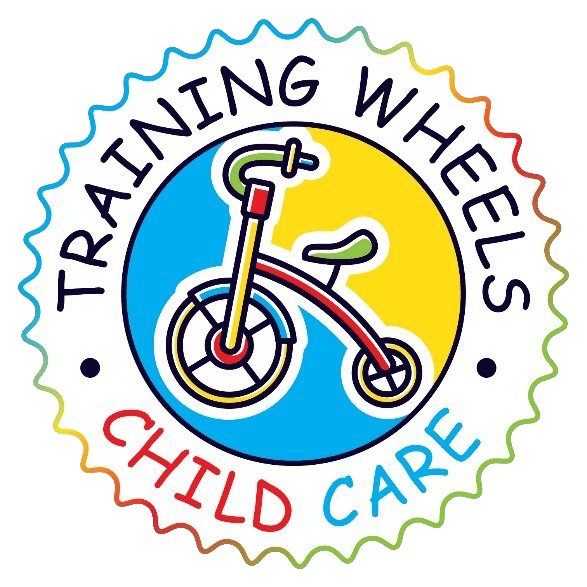It’s important for parents and caretakers alike to know how to perform infant and child CPR (Cardiopulmonary Resuscitation). Knowing these skills are of the utmost importance for several reasons.
The Importance of Knowing Infant and Child CPR
- Life-Saving Skills
Infant and child CPR can save lives in emergency situations. By knowing how to perform CPR correctly, you can provide immediate assistance to an infant or child who is experiencing cardiac or respiratory arrest.
- Immediate Response

- Accidents and Emergencies
Infants and children are prone to accidents and emergencies such as choking, drowning, or sudden cardiac events. Being trained in CPR equips you with the skills to respond appropriately in such situations, potentially preventing further harm or even death.
- Peace of Mind
Having the knowledge and confidence to perform CPR can provide peace of mind for parents, caregivers, and anyone responsible for the well-being of infants and children. It helps alleviate anxiety and allows you to take immediate action during emergencies.
- Enhanced Safety
Knowing CPR not only benefits the children in your care but also makes the overall environment safer. When more people are trained in CPR, the chances of a timely response and successful resuscitation increase, making communities safer for infants and children.
- Preparedness

CPR training goes beyond just learning the techniques. It often includes education on recognizing signs of distress, understanding common risks, and implementing preventive measures. This preparedness mindset helps create a safer environment for infants and children.
- Advocacy for Child Safety
By knowing infant and child CPR, you become an advocate for child safety. You can share your knowledge with others, raise awareness about the importance of CPR, and encourage others to undergo CPR training as well.
Remember that infant and child CPR techniques differ from adult CPR due to anatomical and physiological differences. It is crucial to receive proper training and certification in infant and child CPR to ensure you are equipped with the right skills and knowledge.
